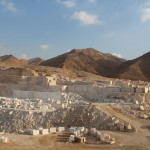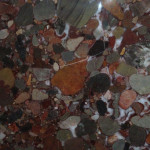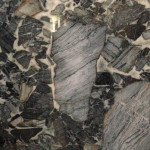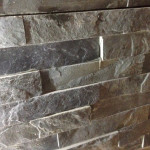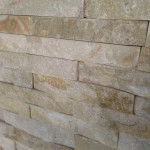Are Tarot Cards Evil?
There has actually been a long-standing debate bordering making use of tarot cards and whether they are evil or otherwise. Tarot card cards have actually been around for centuries and are often associated with necromancy, fortune-telling, and the occult. Nonetheless, lots of people believe that tarot cards are simply tools for self-reflection, advice, and personal development. So, are tarot cards truly bad?
The Background of Tarot Card Cards
Tarot cards originated in the 15th century in Europe and were initially made use of for playing card games. It wasn’t till the 18th century that tarot cards began to be used for prophecy purposes. Tarot card decks usually consist of 78 cards, with each card featuring different icons, images, and significances.
Throughout the years, tarot card cards have been related to magical practices, including fortune-telling and communication with spirits. This has led to the stereotype that tarot cards profane or satanic in nature.
Nevertheless, several modern-day professionals of tarot card believe that the cards are simply a tool for self-contemplation and self-discovery. They argue that tarot card analyses can assist people gain understanding into their very own feelings, thoughts, and behaviors.
- Some people use tarot card cards as a type of treatment or counseling.
- Others see tarot readings as a way to tap into their instinct and subconscious mind.
It’s important to note that not all tarot card experts believe in the mythological elements of tarot cards. For lots of, tarot card is merely a device for personal growth and reflection.
Common False impressions
Among the primary reasons that tarot card cards are often viewed as evil is due to misunderstandings and misconceptions about their use. Here are some typical false impressions regarding tarot card cards:
1. Tarot card cards are tools of the evil one: Some people believe that tarot cards are related to evil forces or the adversary. However, several tarot card professionals argue that this is a false psychic reading uk impression of the cards’ true function.
2. Tarot card readings threaten: Some people are afraid that tarot card analyses can cause unfavorable results or harmful circumstances. However, most fortunetellers come close to analyses with a feeling of treatment, compassion, and principles.
3. Tarot card cards predict the future: While tarot readings can give insights and advice, they do not anticipate the future with assurance. Tarot cards are meant to be used as a device for self-reflection and personal growth.
Benefits of Tarot Card Cards
In spite of the false impressions surrounding tarot card cards, many individuals locate them to be advantageous in numerous means. Here are some potential advantages of using tarot card cards:
1. Self-reflection and introspection: free psychic tarot reading Tarot cards can aid people get understanding into their own thoughts, feelings, and behaviors.
2. Advice and quality: Tarot analyses can supply guidance and quality on difficult scenarios or decisions.
3. Individual growth: Many individuals use tarot cards as a device for personal growth and development.
Last Ideas
While tarot cards have a lengthy background of being related to necromancy and the occult, they are not inherently wicked. The understanding of tarot card cards as evil mainly depends on the beliefs and purposes of the person utilizing them.
- For many people, tarot cards are simply a tool for self-reflection, assistance, and personal development.
- It is essential to method tarot card analyses with an open mind and a sense of inquisitiveness.
Finally, tarot cards are not evil however instead a flexible tool that can be made use of for various purposes, consisting of self-discovery, assistance, and personal advancement.
Whether you rely on the mystical facets of tarot card or not, it’s important to approach tarot cards with an open mind and a healthy and balanced dosage of skepticism. Ultimately, the interpretation of tarot cards is up to the individual, and their purposes and ideas determine the result of the analysis.

